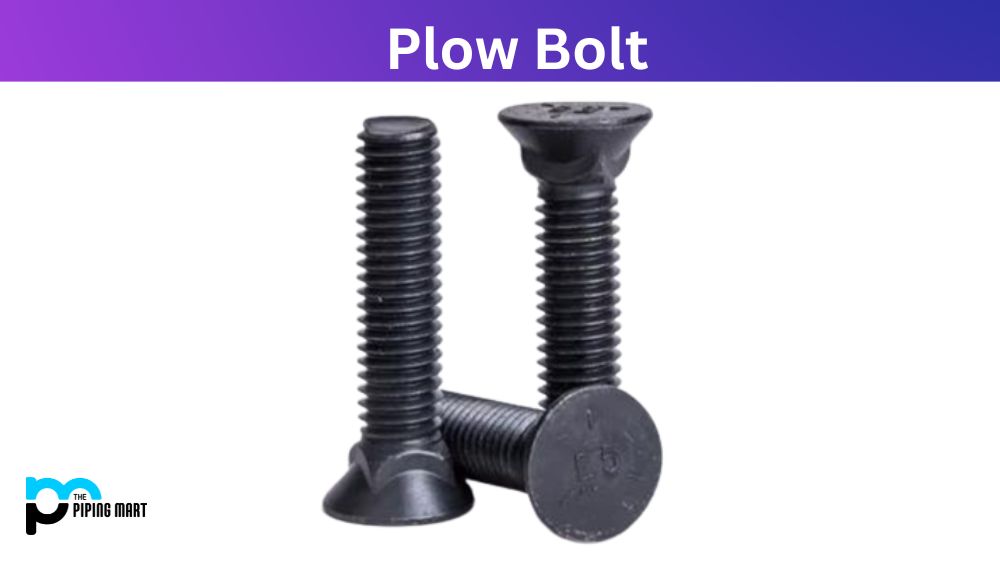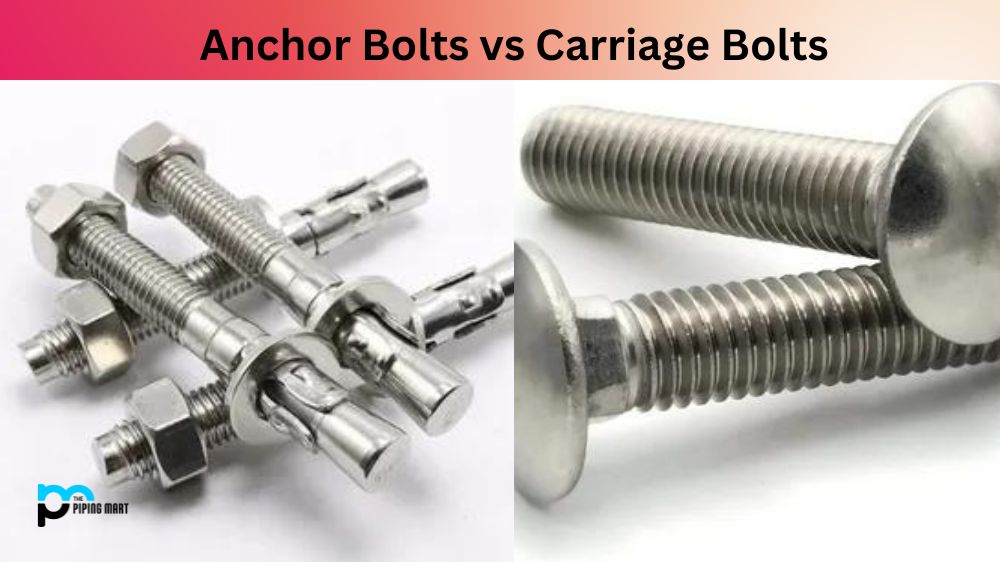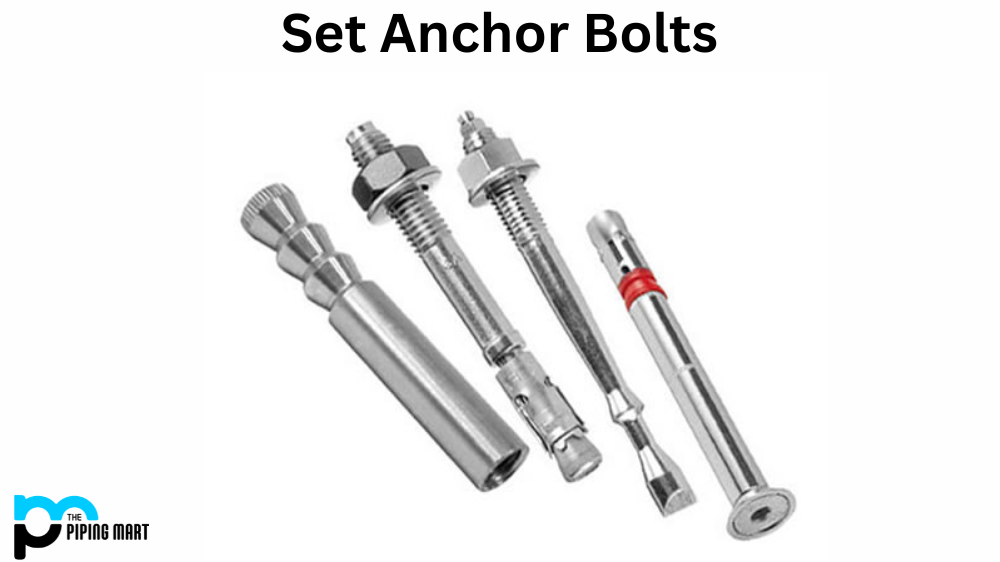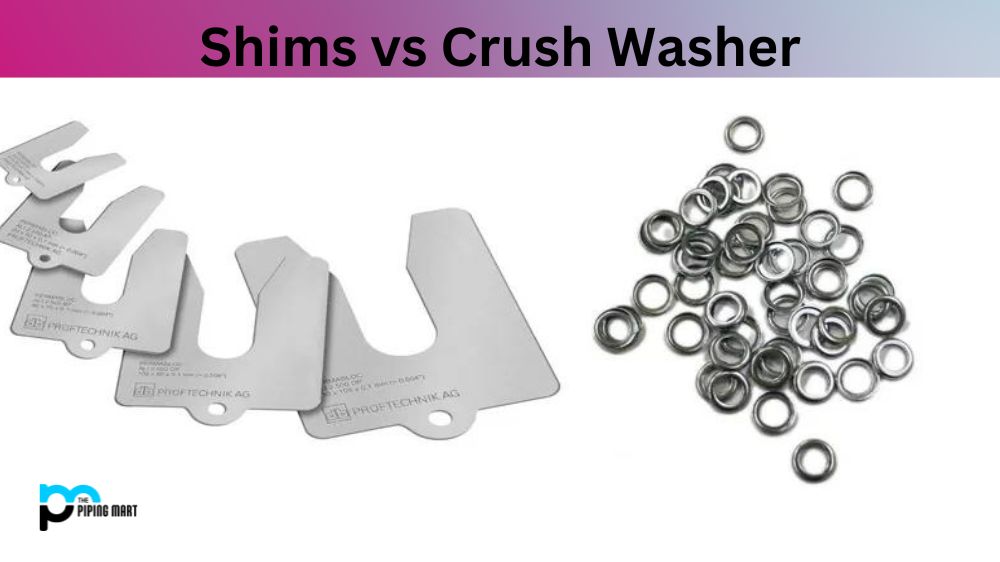Plow bolts are crucial components of heavy equipment, including bulldozers and excavators. These bolts attach the cutting edge to the blade and keep it in place, allowing the equipment to withstand the high forces of digging or scraping. However, not all plow bolts are created equal. Some have advantages, while others have disadvantages you should be aware of before purchasing. In this blog post, we’ll take a closer look at the advantages and disadvantages of plow bolt.
Advantages of Plow Bolt
Durability:
One of the most significant advantages of plow bolts is their durability. These bolts are made of high-quality materials such as carbon steel or alloy steel, which can withstand heavy loads, high impacts, and extreme temperatures. By investing in plow bolts that can withstand tough conditions, you can save money on replacement costs, reduce downtime, and increase productivity.
Easy Installation:
Another great advantage of plow bolts is their ease of installation. These bolts are designed to fit into pre-drilled holes on the blade and can be tightened using a standard hex wrench. This makes replacing worn-out or broken bolts easy without requiring specialized equipment or expertise.
Resistance to Corrosion:
Plow bolts are also corrosion-resistant, making them ideal for damp environments. Corrosion can weaken bolts over time, leading to failures and increased maintenance requirements. With plow bolts, you can be confident that they will not rust or corrode prematurely, ensuring your equipment continues operating at peak performance levels.
Disadvantages of Plow Bolt
Cost:
One of the main disadvantages of plow bolts is their cost. High-quality plow bolts of strong materials such as alloy steel can be expensive compared to their counterparts made of lower-grade materials. This is because the production process requires more precise measurements and materials to withstand tough conditions.
Maintenance:
Plow bolts require regular maintenance to ensure optimal performance and longevity. This can include tightening bolts regularly, inspecting for damage or wear, and promptly replacing worn-out bolts. Failure to maintain plow bolts can lead to increased wear and tear, decreased productivity, and even accidents or failures.
Quick Wear:
Some plow bolts, particularly those made of low-grade materials, may quickly wear when used in high-stress conditions. This can lead to frequent replacements, increased maintenance costs, and reduced productivity. Investing in high-quality plough bolts that can withstand the rigours of your specific application is essential to avoid these drawbacks.
Conclusion:
In conclusion, plow bolts are essential for heavy equipment that can withstand high loads and extreme conditions. While they have advantages such as durability, ease of installation, and corrosion resistance, they also have disadvantages such as cost, the need for regular maintenance, and quick wear. To get the most out of plow bolts, choose the right material and grade for your specific application, use them properly, and maintain them regularly. Doing so can ensure your heavy equipment’s safe and efficient operation for years to come.
Sakshee is a talented blogger, with a particular focus on the Business and Metal Industry. She is passionate about sharing her insights on various metal products and helping professionals to make a better decisions.




